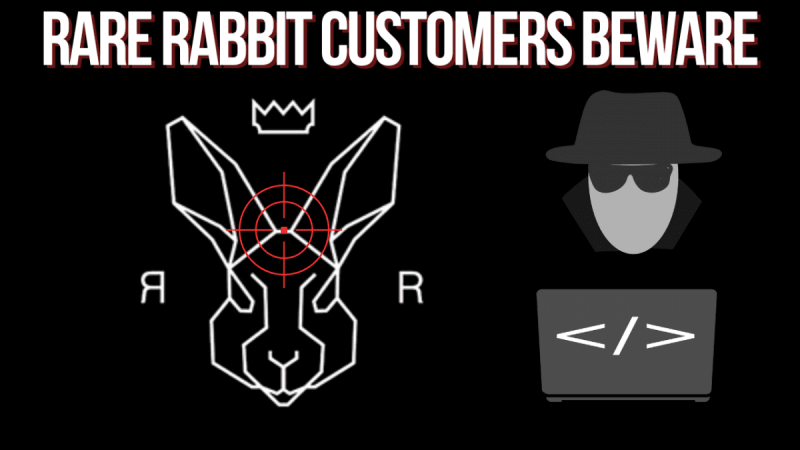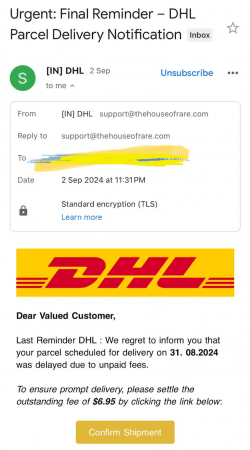
Fashion brand Rare Rabbit is facing a potential data breach, with reports indicating that its customer database may have been compromised. Subscribers have been receiving suspicious emails purportedly from the Rare Rabbit support team, urging them to complete Know Your Customer (KYC) verification.
The phishing emails, designed to look official, carry a banner at the top from Trust Wallet, warning recipients, "You may lose all your cryptocurrency." The message further threatens that failing to complete the KYC verification process will result in the freezing of all assets. A "Verify Now" button is prominently featured, which reportedly redirects to a suspicious link, raising concerns among cybersecurity experts and customers alike.
What to look out for?
The presence of the Trust Wallet banner, combined with threats of losing cryptocurrency, suggests a phishing attempt targeting Rare Rabbit customers. The use of KYC verification as a lure is a common tactic in phishing scams, aiming to trick recipients into providing sensitive information that could be exploited by cybercriminals.

Some customers are also getting phishing emails using the "DHL Parcel Delivery Notification". The email said the delivery of the package was delayed due to "unpaid fees."

Rare Rabbit has not yet issued an official statement regarding the suspected data breach or the phishing emails. International Business Times has reached out to the company for a response.
"We kindly request that you ignore a recent email communication you have received with the subject line " Final KYC Verification Notice for Your Asset Account". Please be assured that this email was not sent by "The House of Rare" team and is a fake message. Our team is actively investigating the matter to resolve it as quickly as possible. In the meantime, we kindly ask for your support by not addressing or responding to any such emails," the company told International Business Times.
When questioned about the DHL emails some customers are getting, the company said: "We assure you that this mail is not from us and request that you ignore it. Our team is actively investigating the matter to resolve it as quickly as possible.
Meanwhile, the company has requested that users refrain from engaging in any such emails:
1. Ask you for any personal information.
2. Require any type of Data Confirmation.
3. Offering any discounts/offers that seem unbelievable
4. Asking for additional amount to pay
Customers are advised to exercise caution, avoid clicking on suspicious links, and refrain from sharing personal or financial information online.
What should you do?
Customers who have received suspicious emails are advised to avoid clicking on any links or downloading attachments. It is recommended to report the email to Rare Rabbit and delete it immediately. Customers should also monitor their accounts for any unauthorized activity and consider updating their passwords as a precaution.















